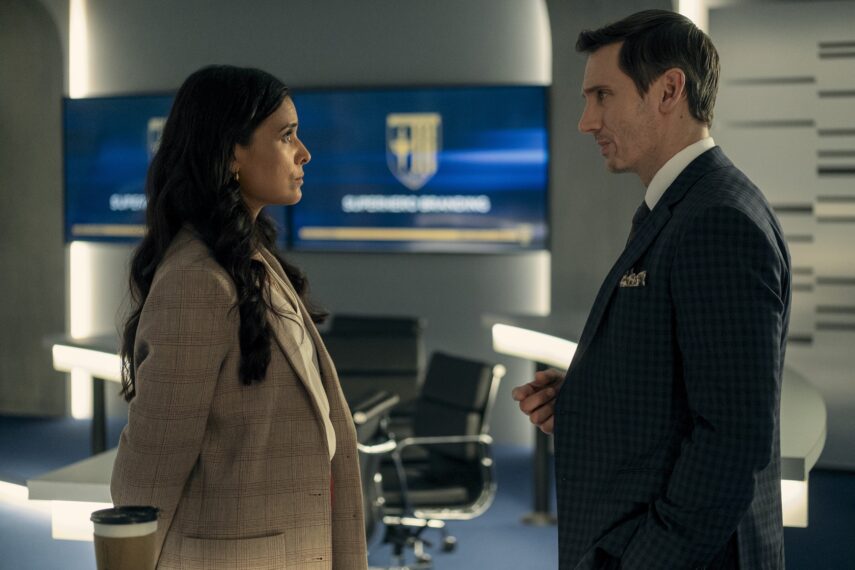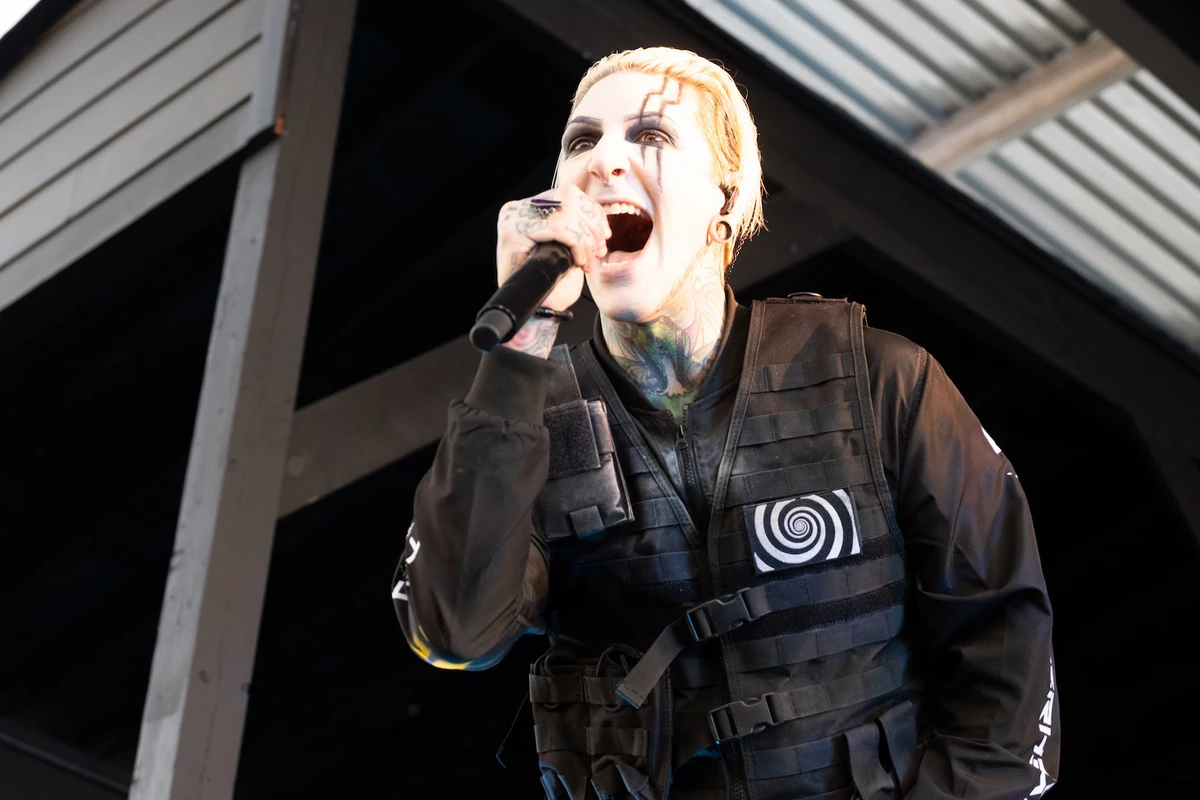Safiya Sinclair’s highly-anticipated memoir How to Say Babylon is intensely candid, multidimensional, and altogether dazzling. As the eldest child raised in a strict Rastafarian family, her initially idyllic childhood in Jamaica was irrevocably altered by her father’s increasingly oppressive, and later violent, rule. Opportunity came in the form of education, though that too was often marred by socioeconomic ceilings that attempted to curtail her, as well as different authoritarians and gatekeepers. Later champions of her remarkable literary talent changed the trajectory of her life, but her singular tenacity, powerful sense of self, and of course poetry—her first passion and her constant companion—provided her with literal and figurative freedom. As befitting a memoir written by a poet, the narrative offers a lyricism that entices, entrances and guides the reader through the ofttimes disturbing experiences of a young girl both inspired and entrapped by family and environment.
I spoke with Sinclair about finding her voice, revisiting her childhood, and reclaiming the myths that have defined women through the ages.
Mandana Chaffa: Let’s start at the beginning. When did you decide to write the memoir?
Safiya Sinclair: I first began thinking about writing this in earnest after I left Jamaica. That moment in the book where I described leaving home as like growing wings and talons and flying away. I went to the University of Virginia and that distance allowed me to for the first time consider what to do with what I’ve been given. How do I say what I want to say about it? I wasn’t emotionally prepared to write it at that time, though. I was still reeling from everything that had happened, with recurring nightmares and a wound that was still too deep and too fresh. I wasn’t yet in a place where I felt I could write from a space of forgiveness, as well as a space of safety, so I put it aside for five years. When I did the reading in Jamaica in 2018 that I write about at the end of the book, I thought, Okay, maybe now I can begin.
MC: Before you focus on your own gripping story, the book begins with a brief history of Rastafari.
SS: There was no way to tell the story of growing up Rastafari without first telling its history, and how my father came to it. As I sat down to write, I realized I had to understand him and his motivations, his past and his childhood. Why did he choose this path that then changed all of our lives? There was also so much I wanted to re-narrativize about Rastafari and how it relates to Jamaican culture and history, about which I thought many people had misconceptions.
MC: Beyond issues of colonization and related oppressions, throughout the book one is aware of many socioeconomic inequities in Jamaica.
SS: Yes, this was really important for me to focus on, particularly as somebody who was born in Montego Bay, one of the top tourist destinations. Growing up in my sea village, the changes initially happened subtly. The land that my family lived on was slowly taken away; first it was to build the airports and then the hotels. I think most people don’t have a nuanced understanding of what it’s actually like growing up in Jamaica.
MC: As much as this memoir is rooted in your experiences with your father, it’s equally about your mother, and your siblings. You couldn’t write about your youth without writing about them, but I appreciate your care in how you depicted them, how you paid attention to each of their circumstances.
SS: In hindsight, with respect to my mother, I was also thinking: “You have had so much on your shoulders as well. Where is your voice? When do you get to speak? Who is listening to you?” It was important to make my parents appear as fully complex human beings and allow readers to go on the same journey that I have been going on with them my whole life.
MC: Silence is another fraught topic in your life and this book, with multiple layers of import and impact. There’s a forced silencing of you and other women, silence as a weapon, but it was also your choice to be silent at times, to keep something precious about your identity, your dreams, to yourself.
SS: Yes, silence is something I think about a great deal. I feel like I spent a lot of my life bent under a kind of silence. Not willingly, but because obedience was seen as a measure of a woman’s worth in Rastafari. For a long time, my father tried to cultivate this kind of silence, through which I would be unselfed, without my own opinions or my ideas of who I wanted to be, or who I could become. And yet, bent under that hideous silence is where I found poetry, and began to cultivate my own space of silence.
MC: You also use mythology and biblical texts throughout the memoir as chapter heading and overall structures to complement and provide friction for the narrative.
SS: I’ve always been fascinated with women from mythology and theology, and to reclaim their stories, reclaim Jezebel, Lilith, Salomé, Medusa.

MC: Those stories act as warnings that if women become too powerful, if they do or ask for or say “too much,” there are consequences. We tell girls that if they’re good enough—quiet enough—they are allowed to stay. And in the case of your father in that time of your life: if you’re not good enough, I won’t keep you.
SS: And when it comes to love, and especially parental love, we don’t want it to be—can’t have it be—conditional.
MC: This is also a memoir about the evolution of a young poet, which is especially rewarding. I was taken with your embrace of marginalia as part of your reading process. You’re so right that the act of marginalia is a spatial equalizer between the reader and the original author.
SS: That was the first time I learned not to be shy about what I have to say, or what I’m thinking. I grew up for so long in a household where my father intimated, “I don’t care what you have to say. You must think what I think and listen to me.” When I first wrote my scribbles in the book in pencil, the Old Poet erased everything and said “leave a permanent mark.” Through marginalia, I was asserting, I am here on the page with the pen stroke, and then transferred that in my own life to say, I am here in this space, and I have something to say.
MC: It also implies a dialogue of sorts, which also really didn’t exist for you at home. Let me add, I was glad that you were being introduced to canonic poets, but couldn’t help but notice that initially, they were all white, dead, mostly-male poets.
SS: This was the curriculum that the Old Poet had me memorizing and reading, but I didn’t think about this at the time. At 17, I was intoxicated on everything I was reading: “Wow, wow, wow! It’s amazing.” But when I went back I had to memorize poems and write out these essays around what I read, I realized there were no women in the curriculum. Maybe we had one conversation about Plath, and he said, “Oh, you’ll outgrow her. She’s not that great.”
MC: There are many ghosts in this book, including your own potential ghost we meet near the end of the book. Those scenes were as devastating as physical violence, because you almost lost the essence of who you were. How was it writing about those ghosts even at a decade’s distance?
SS: It goes back to the question you asked earlier about silence. I imagine this shadow self as the one who was silenced, but still cultivating her own voice through her poetry during the time she had at night to really think about the world that she wanted to make for herself. Through poetry, I felt I found my authentic voice and finally had the ability to speak, and through that, I had the power eventually to author my own future.
MC: For a memoir that deals with such weighty issues, the ending has a tremendous amount of hope, and I felt, a certain wholeness for you, if not your entire family.
SS: It was really important for me that the book did end on a note of hope. I didn’t even think I could write the book until that moment at the end happened in real life, when my father came to hear me read, and after I read the poem for him, he said for the first time ever: “I’m listening, and I hear you.” My first reaction was a feeling of catharsis which allowed me to write the book the way I wanted it to be written.
MC: Not to mention that one of the reasons you took on this profoundly difficult work was for your niece so that she wouldn’t have to carry those ghosts. There’s a sense that you moved from looking backward to looking forward.
SS: That is the reason that I finally picked up the phone when my father called. That’s the reason I decided to sit down to write the book: It wasn’t solely about our past, or a kind of exploration of colonialism and social and personal traumas. Through this narrative, I wanted my niece to know where she came from and also know that the future is hers for the making. If the book does that for her, that’s enough.
 MC: It’s really untoward to ask this of someone who’s just completed a major project, but what are you working on next? I feel that writing your poetry collection Cannibal, which was published in 2016, made space for you to write How to Say Babylon. Do you have a sense of what space this memoir has made for you creatively?
MC: It’s really untoward to ask this of someone who’s just completed a major project, but what are you working on next? I feel that writing your poetry collection Cannibal, which was published in 2016, made space for you to write How to Say Babylon. Do you have a sense of what space this memoir has made for you creatively?
SS: When I was done? I felt like I needed to write some poems! I was very excited to return to poetry. I do think you’re right, though, that each book that you write makes space for the next one, but they are also in conversation with each other.
MC: The first question I wrote down when I read the book was “Can Safiya still read the sea?” Does the sea still call you home?
SS: Yes, absolutely. I’m a mermaid. I talk a lot about the rhythm of the sea, the heartbeat of the waves being the background from which every poem comes. And now from which every line of prose comes. I don’t carry a city with me, I carry the sea, and that is the space from which the writing is born. Without the sea, it doesn’t exist.


























































